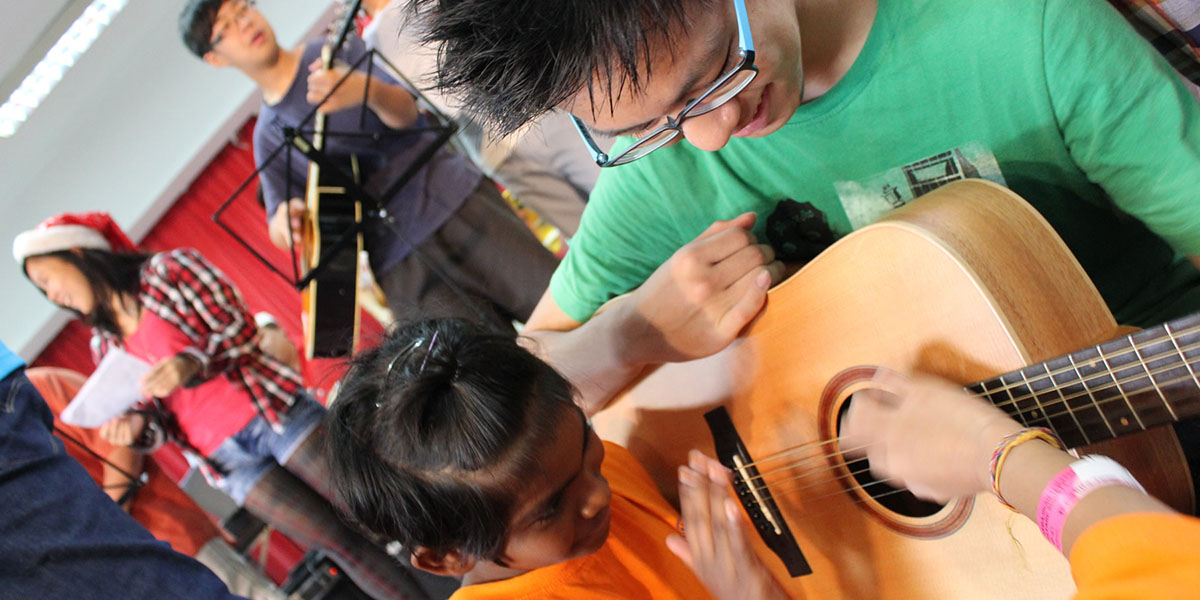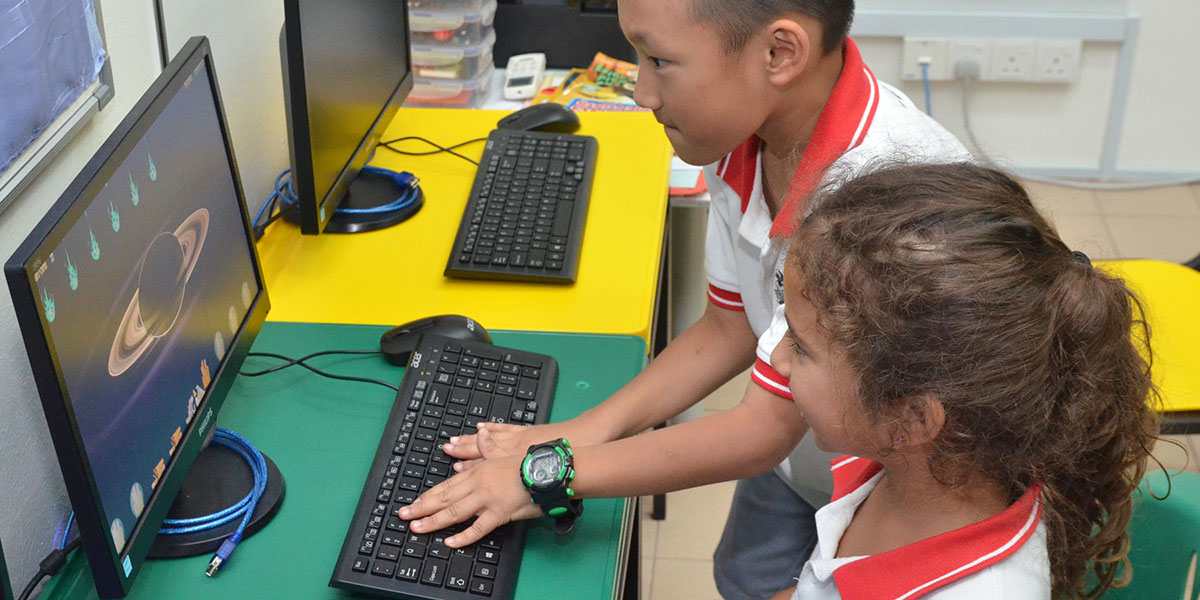
In thinking about what an International School of the future might look like, I’m compelled to think about what makes for any successful school? How can any of us sustain success in the face of new technologies, new routes, and pathways to education?
There is a great deal of emphasis on how technology will completely alter the educational landscape, and while we all agree that technology will certainly be a very important aspect of future schools, at the heart of my educational philosophy is the idea that while the tools we use to learn will certainly change, the core values of a productive learning environment must not.

Of course, the major difference in future schools and clearly this includes international schools, will be the students. The “Net” Generation is constantly connected, creating, and multitasking in a multimedia world. So how will schools manage to keep up with the pace of technology? Some might answer that we can’t, and we shouldn’t bother trying. However, I would say that while the MEANS might change, the foundations that have been built over generations have not. I believe that successful schools of the future will be those who continue to shape generations of thinkers who are able to function in society, find a place in their environment and to persist. As David Willows who is Director of External Relations at the International School of Brussels says in his paper, “Imagining Schools of the Future”
“So (as educationists), in developing a sustainable model for future schools, we must guard against a flight of fancy into a technological dreamscape but instead struggle to articulate what we already know to be true. It involves taking all of our good practice, our experience and our knowledge and re-formulating our understanding into a story that better articulates the motivation and vision of our profession”.

So, no matter how the tools of teaching might change or the architecture of our buildings might alter, as educationists, we must work to ensure that our students are given a strong sense of values to guide them forward. In the technological world of personalized, self-directed learning, there is an equally important need for us to reinforce values that connect us to one another in meaningful ways. Another word that I would use for this would be “commitment”, a commitment to personal growth knowing that to better oneself is to improve one’s community. We must develop the desire in students to bring positive change.
For all of this to happen of course there must be a connection. Whilst technological innovation has allowed us to become more connected than ever, it is vital we work towards finding the right balance between superficial connections and deep human engagement. This has never been so difficult, but the future depends on it. Regardless of whether a school is following an International Curriculum or not, this is the challenge for all schools of the future.



